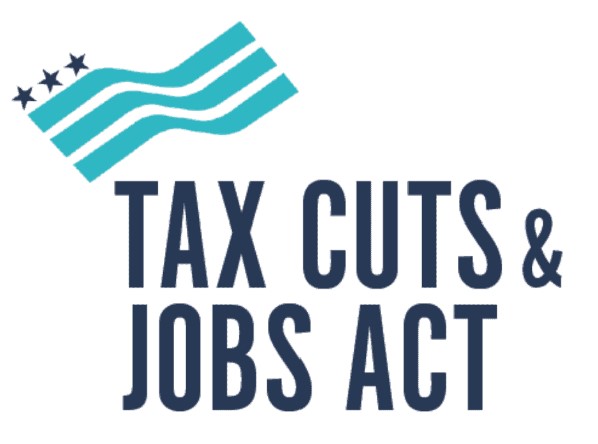What Happens If the Tax Cuts and Jobs Act (TCJA) Expires?

Written by Vincenzo G. Testa, CPA, CFP®, ECA
The Tax Cuts and Jobs Act was passed in 2017. It revamped the United States Tax Code and brought significant tax breaks to both individuals and businesses. However, many of its provisions are set to expire at the end of 2025. If the TCJA is not extended, here’s a look at what could change:
Higher Tax Rates for Individuals
Without an extension, tax rates for most income brackets will return to their pre-2017 levels. This means:
- Higher tax bills: The lower rates will disappear, resulting in less take-home pay for many people.
- Lower standard deduction: The nearly doubled standard deduction under the TCJA will drop, meaning more of your income could be taxed.
Changes to Deductions and Credits
Several popular deductions and credits would also revert:
- SALT Deduction: The current $10,000 cap on the state and local tax deduction would likely be lifted, but only for those itemizing deductions.
- Child Tax Credit: This credit will revert back to $1,000 per child, cutting the benefit for families in half.
- Mortgage Interest Deduction: The deduction cap will go back to $1 million for home loans, but fewer people might qualify if they lose the increased standard deduction.
Business Tax Changes
- Corporate tax rate: The current 21% corporate tax rate would jump back to 35%, reducing profits and potentially slowing growth.
- Section 199A Deduction: Small business owners would lose the 20% tax deduction on their qualified business income.
Final Thoughts
If the TCJA is not extended, taxes will go up for most individuals and businesses. For taxpayers, it’s essential to stay informed and consider tax planning strategies ahead of 2025 to prepare for these potential changes.